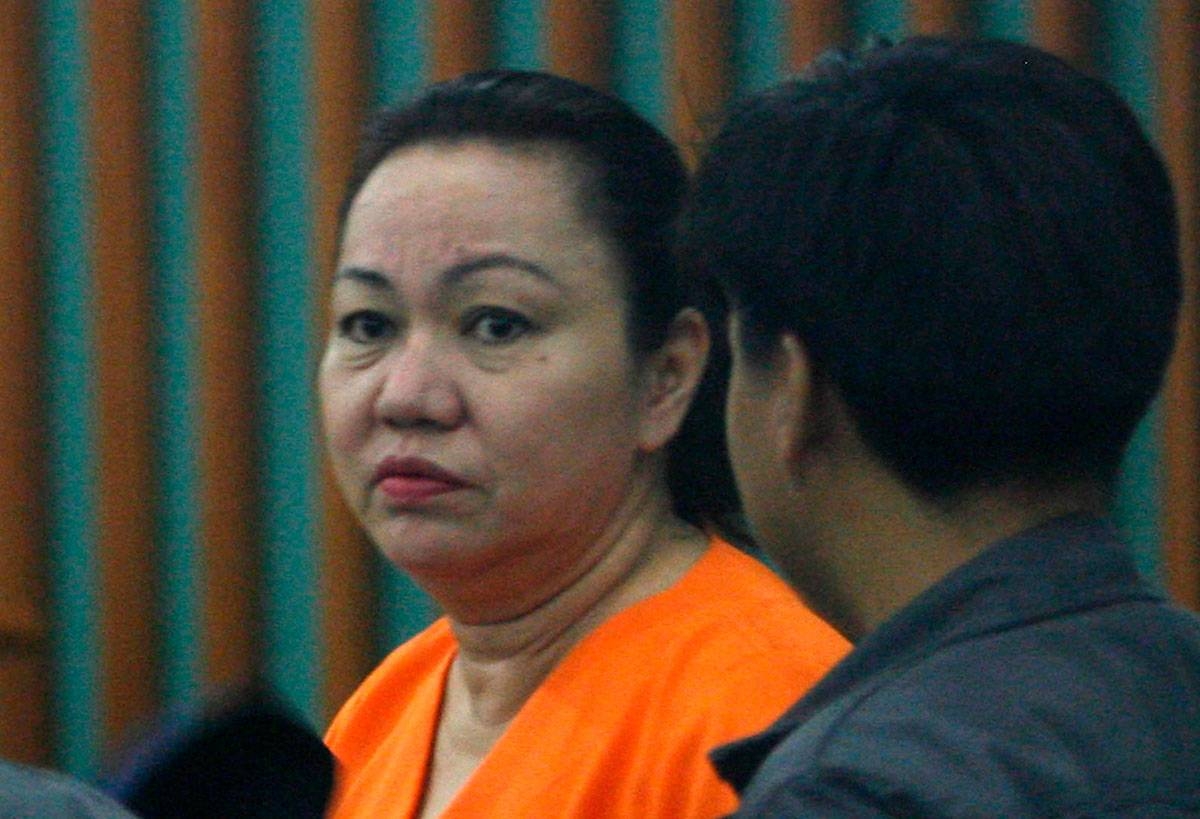The Supreme Court has recently affirmed the Ombudsman’s finding of probable cause against Janet Lim Napoles, the convicted mastermind behind the pork barrel scam, and officers of the Department of Budget and Management (DBM). In a decision issued by the Supreme Court’s Second Division, Senior Associate Justice Marvic Leonen denied the consolidated petitions for certiorari filed by Napoles and DBM officers.
Napoles’ petitions contested the Ombudsman’s finding of probable cause for violation of the Anti-Graft and Corrupt Practices Act, as well as for malversation and corruption of public officials. These charges were brought by the Ombudsman in relation to the misappropriation of the 2007 Priority Development Assistance Fund (PDAF) of former Davao del Sur representative Douglas Cagas, amounting to P16 million. The funds were diverted through two supposed non-government organizations (NGOs), namely Countrywide Agri and Rural Economic and Development Foundation Inc. and the Philippine Social Development Foundation Inc., with the assistance of the DBM.
The diversion of funds occurred when the DBM transferred the allocated funds to the Technology Resource Center, the implementing agency for the ghost projects. In a 2012 report by the Commission on Audit (CoA) on the PDAF allocations of lawmakers from 2007 to 2009, including Cagas’ livelihood projects in 2007, it was confirmed that the pork barrel scam existed. The report revealed that implementing agencies failed to carry out the PDAF projects as intended.
Based on the CoA report, the National Bureau of Investigation (NBI) filed a complaint with the Ombudsman in 2013, recommending the prosecution of Napoles and officers of the involved implementing agencies. Subsequently, the Ombudsman issued a consolidated resolution finding probable cause against Napoles and DBM officials for malversation and violation of the Anti-Graft and Corrupt Practices Act. Cagas and the head of the Technology Resource Center, Antonio Ortiz, were also implicated for direct bribery.
The Ombudsman’s investigation uncovered prima facie evidence of a pork barrel scheme involving legislators, government agencies, and NGOs under Napoles’ control. They worked in concert to systematically divert a legislator’s PDAF through nonexistent or ghost projects implemented by Napoles-controlled NGOs. This evidence was gathered from disbursement vouchers, checks, memorandum of agreement, letters, and statements provided by whistleblowers.
In response to the petitions filed by Napoles and her co-accused, the Supreme Court clarified that the Office of the Ombudsman’s determination of probable cause does not determine the guilt or innocence of the accused. The Court’s role is to evaluate the evidence presented by both the prosecution and the accused, and then determine if there is sufficient reason to believe that a crime has been committed and that the accused is likely guilty of committing the crime.
The Supreme Court’s decision to uphold the Ombudsman’s finding of probable cause against Napoles and DBM officers is a significant development in the pursuit of justice for the pork barrel scam. It reaffirms the commitment of the judiciary to hold accountable those who engage in corruption and malversation of public funds.
As the legal proceedings continue, it is crucial for the justice system to remain steadfast in ensuring a fair and impartial trial. The outcome of this case will not only determine the fate of the accused but also serve as a precedent for future cases involving corruption and misuse of public funds.
It is important for the public to have confidence in the justice system and believe that those who commit such crimes will face the consequences of their actions. Upholding the rule of law is fundamental to building a society based on integrity, transparency, and accountability.







